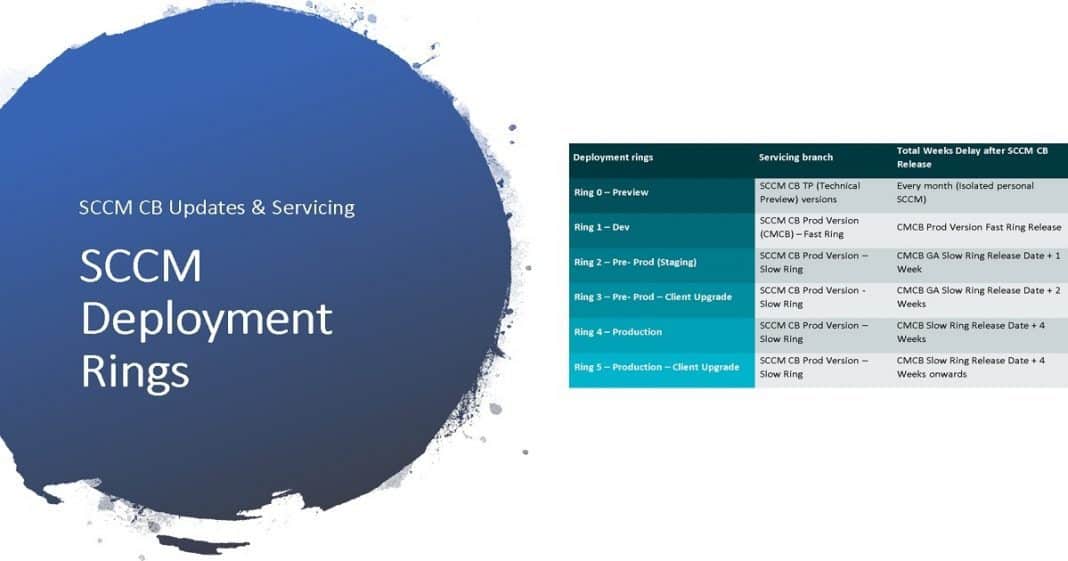

If an organization has to manage less than 100,000 clients, then a single stand-alone primary site would suit best.

A primary site can support up to 250 secondary sites, 100,000 clients, and 10 management points. Primary sites manage clients through connected networks. The entire SCCM can support a maximum of 400,000 clients. The CAS should be configured with a SQL server to store the hierarchical data. They have limited roles and no clients assigned. The primary sites in CAS hierarchy are treated as child sites. We can set up primary sites for a set of clients. When an organization has to maintain more than 100,000 clients, then we should go for CAS. The primary sites, in turn, can have one or more secondary sites.


The 'System Center Configuration Manager 1602' released in 2016 includes conditional access for PCs, Office 365, management of mobiles, and Windows 10. Microsoft introduced software-distribution capabilities in 'Systems Management Server 2003' in 2003. The 'Systems Management Server 1.2' was released in 1996, which includes remote-control, SNMP, inventory, and network monitoring capabilities. Let's see some of the significant releases. It has evolved drastically over the years incorporating many features. The SCCM was originally released with the name 'Systems Management Server 1.0' in 1994.It targeted management of MS-DOS, Windows for Workgroups, Macintosh, LAN Manager, etc. Start learning Microsoft SCCM online course from hkrtrainings to make a bright career in the world of SCCM! SCCM version history It even keeps track of the network’s inventory. We can configure a few target machines through the management console. It provides distributed deployment on remote systems connected through the corporate network. SCCM manages both application installations and software updates. It provides features like patch management, remote control, operating system deployment, network protection, and many more. System Center Configuration Manager (SCCM) is a product from Microsoft for systems management connected over the corporate network.It's a software management suite that allows us to manage Windows, macOS (OS X), Linux, or UNIX systems.It can also manage mobile operating systems such as Windows Phone,Symbian,iOS, and Android.


 0 kommentar(er)
0 kommentar(er)
